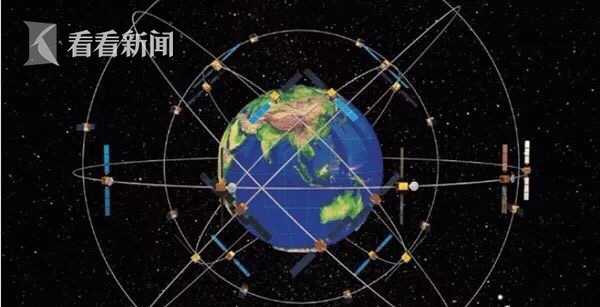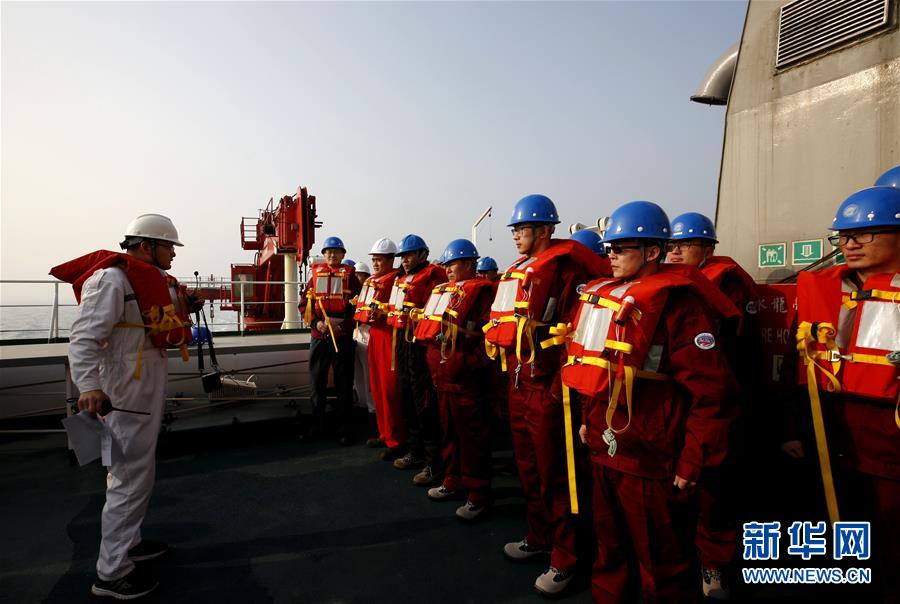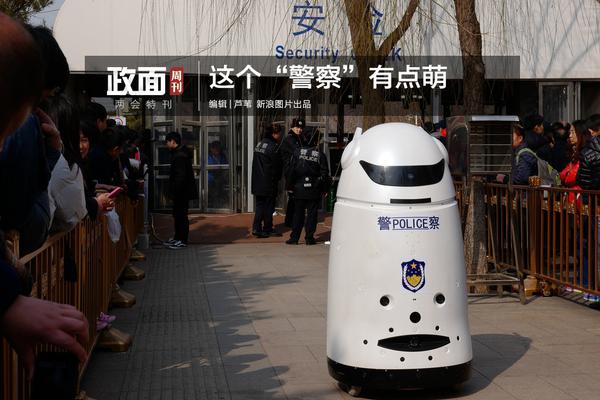
The five functional modules of the operating system are processor management, memory management, device management, file management and operation management. Processor management The most basic function of processor management is to process interrupt events. After configuring the operating system, various events can be processed.
The functions of the computer operating system include: processor management, memory management, device management, file management, job management and other functional modules. Processor management. The most basic function of processor management is to handle interrupt events. The processor can only detect interrupt events and generate interrupts and cannot process them.
Storage management is divided into several functions: storage allocation, storage sharing, storage protection, and storage expansion.Equipment management has the following functions: equipment allocation, equipment transmission control, and equipment independence. File management: file storage space management, directory management, file operation management, file protection.
The operating system should usually include the following five functional modules: (1) Processor management. When multiple programs are running at the same time, solve the problem of processor (cpu) time allocation. ( 2) Operation management. The program to complete an independent task and its required data constitute a task.
The function of the operating system is mainly reflected in the management of computer resources - microprocessors, memory, external devices, files and tasks. The operating system sets this management function into the corresponding program management module, and each management module is responsible for a certain function.That is, the five functions of the operating system.
The operating system has five functions: processor management: mainly controls and manages the work of the CPU. Storage management: mainly carry out memory allocation and management device management: mainly manage basic input and output device file management: responsible for the organization, storage, operation and protection of computer files, etc.

There are the following types of management systems: the management system of the finished product set. This kind of system is a stereotyped management system, which makes a small number of functional adjustments to the software through the parameter settings of the software.
Transaction Processing System (TPS): Operators and supervisors are used to input transactions, events, sort, list, merge updates, output detailed reports, lists and summaries, etc. Management Information System (MIS): Middle managers are used to input general transaction data and simple models to process routine reports.
Adgecal management system Academic management system is one of the most core management systems of the school, which is responsible for arranging and managing the school's teaching activities. It includes curriculum setting, teaching plan, teacher arrangement, examination management and other contents.
VMware vSphere: It is a virtualization management platform that can be used to manage virtual machines, storage and networks, etc. Nagios: It is an open source network monitoring system that can be used to monitor network devices, servers and applications, etc.
Financial subsystem: providing the function of financial management information; Decision support subsystem: make the logistics information system reach a higher level.
ERP management system brand Youyou, Jindie International Software, Wave Software, Dingjie Software, Zhenghang Software. Use friends.
1. System management refers to the information technology system that manages enterprises, and file management is one of the five major functions of the operating system.First, network management refers to the centralized management of resources on the network by network administrators through network management programs.
2. System Management regards organizational components as interrelated and interdependent systems, so it advocates applying the system concept to the management concept.
3. System management refers to the process of maintaining, managing and monitoring computer systems. As an important part of enterprise informatization construction, the importance of computer system management cannot be ignored.
Hearthstone Arena class tier list 2024-APP, download it now, new users will receive a novice gift pack.
The five functional modules of the operating system are processor management, memory management, device management, file management and operation management. Processor management The most basic function of processor management is to process interrupt events. After configuring the operating system, various events can be processed.
The functions of the computer operating system include: processor management, memory management, device management, file management, job management and other functional modules. Processor management. The most basic function of processor management is to handle interrupt events. The processor can only detect interrupt events and generate interrupts and cannot process them.
Storage management is divided into several functions: storage allocation, storage sharing, storage protection, and storage expansion.Equipment management has the following functions: equipment allocation, equipment transmission control, and equipment independence. File management: file storage space management, directory management, file operation management, file protection.
The operating system should usually include the following five functional modules: (1) Processor management. When multiple programs are running at the same time, solve the problem of processor (cpu) time allocation. ( 2) Operation management. The program to complete an independent task and its required data constitute a task.
The function of the operating system is mainly reflected in the management of computer resources - microprocessors, memory, external devices, files and tasks. The operating system sets this management function into the corresponding program management module, and each management module is responsible for a certain function.That is, the five functions of the operating system.
The operating system has five functions: processor management: mainly controls and manages the work of the CPU. Storage management: mainly carry out memory allocation and management device management: mainly manage basic input and output device file management: responsible for the organization, storage, operation and protection of computer files, etc.

There are the following types of management systems: the management system of the finished product set. This kind of system is a stereotyped management system, which makes a small number of functional adjustments to the software through the parameter settings of the software.
Transaction Processing System (TPS): Operators and supervisors are used to input transactions, events, sort, list, merge updates, output detailed reports, lists and summaries, etc. Management Information System (MIS): Middle managers are used to input general transaction data and simple models to process routine reports.
Adgecal management system Academic management system is one of the most core management systems of the school, which is responsible for arranging and managing the school's teaching activities. It includes curriculum setting, teaching plan, teacher arrangement, examination management and other contents.
VMware vSphere: It is a virtualization management platform that can be used to manage virtual machines, storage and networks, etc. Nagios: It is an open source network monitoring system that can be used to monitor network devices, servers and applications, etc.
Financial subsystem: providing the function of financial management information; Decision support subsystem: make the logistics information system reach a higher level.
ERP management system brand Youyou, Jindie International Software, Wave Software, Dingjie Software, Zhenghang Software. Use friends.
1. System management refers to the information technology system that manages enterprises, and file management is one of the five major functions of the operating system.First, network management refers to the centralized management of resources on the network by network administrators through network management programs.
2. System Management regards organizational components as interrelated and interdependent systems, so it advocates applying the system concept to the management concept.
3. System management refers to the process of maintaining, managing and monitoring computer systems. As an important part of enterprise informatization construction, the importance of computer system management cannot be ignored.
UEFA Champions League live streaming app
author: 2025-01-10 21:45UEFA Champions League live streaming free
author: 2025-01-10 20:03 DigiPlus
DigiPlus
264.46MB
Check DigiPlus stock
DigiPlus stock
159.82MB
Check Bingo Plus
Bingo Plus
471.75MB
Check Casino Plus GCash login
Casino Plus GCash login
567.79MB
Check 100 free bonus casino no deposit GCash
100 free bonus casino no deposit GCash
365.13MB
Check UEFA Champions League
UEFA Champions League
374.79MB
Check Bingo Plus
Bingo Plus
439.35MB
Check bingo plus update today Philippines
bingo plus update today Philippines
415.78MB
Check Hearthstone Arena Tier List
Hearthstone Arena Tier List
564.45MB
Check DigiPlus stock
DigiPlus stock
726.86MB
Check App to watch Champions League live free
App to watch Champions League live free
751.78MB
Check Casino Plus login register
Casino Plus login register
843.82MB
Check Hearthstone arena deck Builder
Hearthstone arena deck Builder
272.96MB
Check bingo plus update today Philippines
bingo plus update today Philippines
665.76MB
Check Hearthstone Arena Tier List
Hearthstone Arena Tier List
388.28MB
Check PAGCOR online casino free 100
PAGCOR online casino free 100
413.89MB
Check Hearthstone Wild Decks
Hearthstone Wild Decks
765.74MB
Check Casino Plus app
Casino Plus app
488.68MB
Check LR stock price Philippines
LR stock price Philippines
573.56MB
Check Bingo Plus
Bingo Plus
334.48MB
Check Hearthstone Arena Tier List
Hearthstone Arena Tier List
846.73MB
Check App to watch Champions League live free
App to watch Champions League live free
391.18MB
Check Casino Plus app
Casino Plus app
725.56MB
Check Bingo Plus stock
Bingo Plus stock
757.25MB
Check Casino Plus
Casino Plus
231.18MB
Check DigiPlus stock
DigiPlus stock
614.64MB
Check Hearthstone Wild Decks
Hearthstone Wild Decks
882.26MB
Check bingo plus update today
bingo plus update today
357.92MB
Check PAGCOR online casino free 100
PAGCOR online casino free 100
599.46MB
Check European Cup live
European Cup live
187.65MB
Check Casino Plus
Casino Plus
711.36MB
Check DigiPlus fair value
DigiPlus fair value
485.97MB
Check Champions League
Champions League
678.65MB
Check European Cup live
European Cup live
632.68MB
Check Bingo Plus
Bingo Plus
473.55MB
Check LR stock price Philippines
LR stock price Philippines
919.48MB
Check
Scan to install
Hearthstone Arena class tier list 2024 to discover more
Netizen comments More
115 Casino redeem
2025-01-10 21:03 recommend
169 Bingo Plus
2025-01-10 20:29 recommend
1475 Hearthstone deck
2025-01-10 20:11 recommend
2764 Free sports events uefa champions league app android
2025-01-10 19:59 recommend
723 bingo plus update today
2025-01-10 19:49 recommend